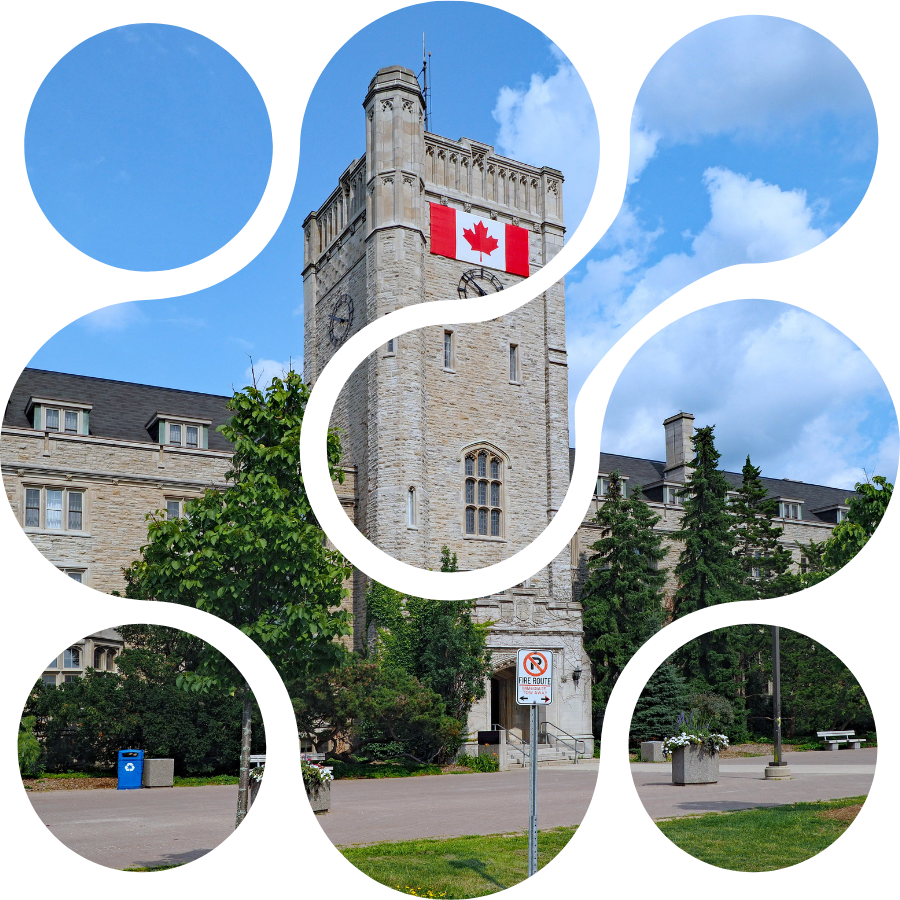Study in Canada
Introduction to Studying in Canada
Welcome to the ultimate guide to studying in Canada, a country renowned for its high-quality education, cultural diversity, and stunning landscapes. In this comprehensive blog post, we’ll explore the advantages of studying in Canada and provide valuable insights to help you navigate your educational journey.
Advantages of Studying in Canada
- World-Class Education: Canada is home to top-ranked universities and colleges known for their academic excellence and research contributions.
- Cultural Diversity: Experience a multicultural environment that promotes inclusivity, tolerance, and a global perspective.
- Quality of Life: Enjoy a high standard of living, excellent healthcare, and safety in one of the most peaceful countries globally.
- Work Opportunities: Canada provides opportunities for part-time work during studies and excellent post-graduation work options.
Top Universities and Colleges
Explore some of the leading educational institutions in Canada:
- University of Toronto
- McGill University
- University of British Columbia
- University of Alberta
- Humber College

Popular Courses in Canada
Canada offers a diverse range of academic disciplines, including:
- Computer Science and IT
- Business and Management
- Engineering
- Health Sciences
- Environmental Studies
- Arts and Humanities

Admission Process
Follow these general steps to apply to Canadian universities:
- Research and Choose: Select the universities and courses that align with your academic goals.
- Check Eligibility: Review admission requirements and ensure you meet the criteria.
- Application Submission: Complete the application process, including submitting required documents.
- Application Fee: Pay the application fee and wait for the admission decision.
- Acceptance and Visa: Upon acceptance, apply for a Canadian study permit (student visa).
Visa and Immigration Procedures
Understanding the visa process is crucial:
- Letter of Acceptance: Obtain a letter of acceptance from a recognized Canadian institution.
- Apply for Study Permit: Apply for a study permit through the Immigration, Refugees, and Citizenship Canada (IRCC) website.
- Biometrics and Interview: Complete biometrics, if required, and attend an interview at the Canadian embassy or consulate.
- Visa Approval: Once approved, you’ll receive your study permit.
Accommodation Options
Consider various accommodation choices:
- On-Campus Housing: Many universities offer on-campus residences.
- Off-Campus Rentals: Explore apartments, shared housing, or homestays off-campus.
Cultural and Social Life
Immerse yourself in Canada’s vibrant culture:
- Attend cultural events and festivals.
- Explore outdoor activities like hiking, skiing, and more.
- Connect with diverse communities and make lasting friendships.
Language and Communication
While English and French are the official languages, proficiency in English is crucial. Many universities offer language support services, and language proficiency tests may be required for admission.
Financial Considerations
Understand the cost of living and explore financial aid options:
- Budget for tuition, accommodation, food, and other living expenses.
- Research scholarships, grants, and part-time work opportunities.
Healthcare and Safety
Canada offers a publicly funded healthcare system for residents. International students usually require private health insurance. Canada is known for its safety, but it’s essential to follow local guidelines for a secure experience.
Career Opportunities
Tap into Canada’s robust job market:
- Leverage post-graduation work permits for valuable work experience.
- Explore diverse industries and connect with career services offered by your university.
In conclusion, studying in Canada opens doors to a world of opportunities, combining academic excellence with a high quality of life. By following this guide, you’ll be well-prepared for a fulfilling educational journey in the Great White North.
Frequently Asked Questions
Admission requirements vary by university and program. Generally, they include academic qualifications, such as transcripts, English language proficiency tests (like IELTS or TOEFL), a well-crafted personal statement, letters of recommendation, and sometimes, standardized tests like the SAT or GRE. It's advisable to check the specific requirements of the chosen university and program.
The cost of studying in Canada depends on factors like the level of study, the chosen program, and the location of the university. Tuition fees for undergraduate and postgraduate programs can range from CAD 7,000 to CAD 35,000 per year. Additional costs include accommodation, food, transportation, books, and health insurance. It's recommended to check the specific fees and living expenses of the desired university and city.
Yes, international students in Canada are generally allowed to work part-time during their studies. The standard authorization is 20 hours per week during academic sessions and full-time during scheduled breaks. This provides an opportunity for students to gain work experience and supplement their income while studying.
To study in Canada, Nepalese students typically need a study permit. The requirements include a letter of acceptance from a designated learning institution, proof of funds to cover tuition and living expenses, a valid passport, and sometimes, a medical exam. Additionally, demonstrating ties to home country and intent to return after studies is crucial. It's advisable to check the latest visa requirements on the official website of the Canadian government or consult with a qualified immigration advisor.
